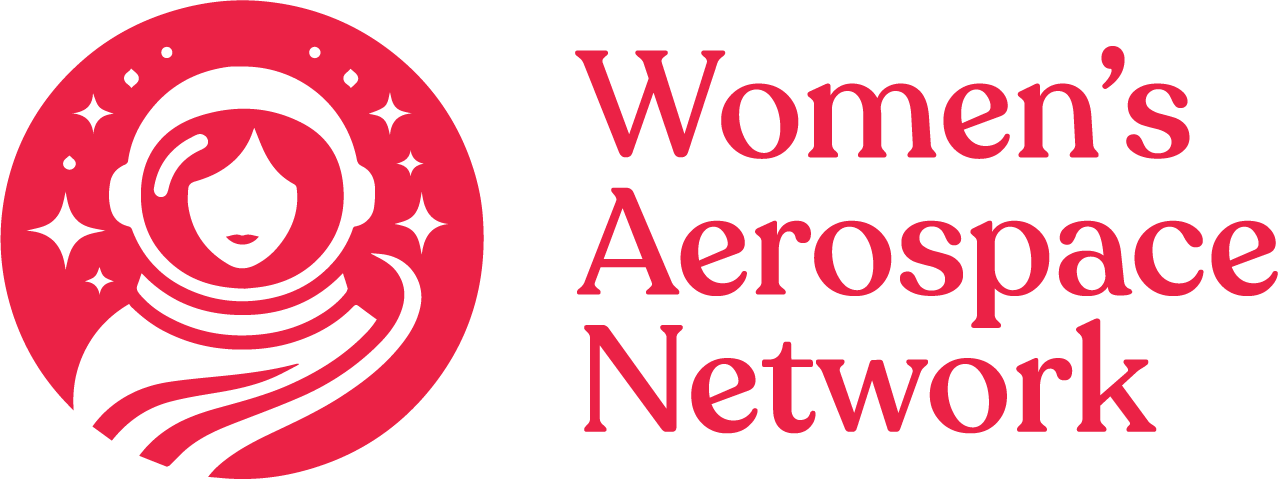Avoiding Catastrophic Failures through Accent Modification with Dr. Pierson
A shocking 75% of aviation accidents are due to human error, and of those, 60% are caused by miscommunication [1]. In this edition, we explore how Dr. Pierson, the first speech pathologist in the aerospace industry and founder of Alpha Speech, is working to mitigate these risks. Dr. Pierson's groundbreaking work focuses on improving communication in aviation, ensuring that language barriers do not compromise safety.
Valerie: Let's start by talking about how you got into the aerospace industry. How did you end up in the position you are today?
Dr. Pierson: Thank you for the introduction, Valerie. I am a speech-language pathologist who works with individuals in the aerospace and aviation industries to improve their verbal communication skills. My journey began as an English teacher abroad. I worked with international professionals who struggled with being understood on intercom communications. This experience made me realize that speech clarity is directly linked to safety, which inspired me to pursue a master's and doctoral degree in speech-language pathology, focusing on human factors in aviation and aerospace.
Valerie: You mentioned starting as an English teacher. How did that lead to specializing in speech pathology within the aerospace industry?
Dr. Pierson: While teaching English in Spain, I noticed that many of my students, who were diverse professionals, wanted to sound more like native speakers rather than just having grammatically correct language skills. They were also tired of repeating themselves, especially in stressful situations. Some of them were engineers on oil rigs who had difficulties communicating over intercom systems. This made me aware of the critical role speech clarity plays in safety. I returned to the US, pursued further education in speech language pathology, and focused my research within this sector.
Valerie: Were there any specific programs for this field, or did you have to carve out your own path?
Dr. Pierson: There weren't any specific programs during my time in school, so I had to create my own path. A traditional speech-language pathology program focuses on clinical disorders, but my interest was in helping people improve their spoken intelligibility without necessarily having a disorder. Because there is no disability involved, this type of work does not count towards degrees or professional licenses, making it challenging to find formal training. I had to gather information, resources, and volunteers independently as well as conduct research to establish and demonstrate the importance of this type of work.
Valerie: What impact does miscommunication have in aviation?
Dr. Pierson: Miscommunications can have devastating consequences. A significant example is an accident where miscommunications led to a collision between a KLM 747 and a PAM AM 747, killing close to one thousand people [2]. Within the International Space Station, 18 missions have been ruined due to miscommunication [3]. The language standards set by the International Civil Aviation Organization (ICAO) are crucial but challenging to meet without proper support [4].
Valerie: Can you share a real-world example of these communication issues?
Dr. Pierson: One notable example is a famous audio recording of an Air China pilot struggling to communicate with an American air traffic controller at JFK. Misunderstandings like these happen daily and pose significant safety risks [5]. The FAA and international bodies, such as ICAO, are working hard to address these issues, but there is still much work to be done [6].
Valerie: What steps are you taking to address these communication challenges?
Dr. Pierson: At Alpha Speech, we are developing tech based programs to improve speech intelligibility in aerospace. We raise awareness through conferences, publications, and direct outreach to industry leaders. Persistence is key, and we aim to drive industry-wide change to enhance safety.
Valerie: What's next for Alpha Speech?
Dr. Pierson: Our next step is to develop programs supporting speech intelligibility in the aerospace industry. This technology will help professionals meet language standards effectively, reducing the risk of miscommunication-related accidents. Everyone deserves a fair chance to pursue their dreams, and we are committed to creating a world where opportunity is not limited by the way someone speaks.
Valerie: Thank you, Dr. Pierson, for sharing your insights and the vital work you're doing to improve safety in aviation.
Dr. Pierson: Thank you, Valerie. It's an honor to be here.
About Dr. Pierson
Dr. Katie Pierson, ClinScD, CCC-SLP, PESL-C is a visionary in speech-language pathology, pioneering interventions for intelligibility in Aerospace. Her groundbreaking research has garnered international acclaim, establishing her as the foremost expert in her field. She is the first American and speech therapist on the board of Human Factors in Aviation and Aerospace. Driven by passion for helping individuals achieve their full potential, she ensures that communication barriers never impede anyone from realizing their goals.
Find more info on Alpha Speech at https://www.alpha-speech.com/.
"Space for All" podcast, hosted by Valerie McKiernan, brings you empowering conversations and inspiring journeys from across the aerospace industry.
Available on https://podcasts.apple.com/us/podcast/space-for-all/id1747133748
Available on https://open.spotify.com/show/0C07iywd89LvOvhfcWjR7A?si=JEGgDtnrTrii2FiQHMC84g
Available on https://www.youtube.com/@womensaerospace
Don’t forget to press subscribe to the “Space for All” Newsletter!
Sources:
Federal Aviation Administration. (2012). Human factors in aviation safety. Retrieved from https://www.faa.gov/data_research/research/med_humanfacs/oamtechreports/2010s/media/201205.pdf
History.com Editors. (2009, November 13). Aviation disaster at Tenerife. History. Retrieved from https://www.history.com/this-day-in-history/aviation-disaster-at-tenerife
NASA. (2018). CELLS in space: Investigating cellular function and gene expression in microgravity. Retrieved from https://www.nasa.gov/mission_pages/station/research/experiments/experiments_CELLS.html
International Civil Aviation Organization. (n.d.). Language proficiency requirements. Retrieved from https://www.icao.int/safety/airnavigation/OPS/Pages/Language-Provisions.aspx
Aviation Safety Network. (2008). Accident description. Retrieved from https://aviation-safety.net/database/record.php?id=20080601-0
Federal Aviation Administration. (2010). Human factors efforts. Retrieved from https://www.faa.gov/about/initiatives/hf/efforts
